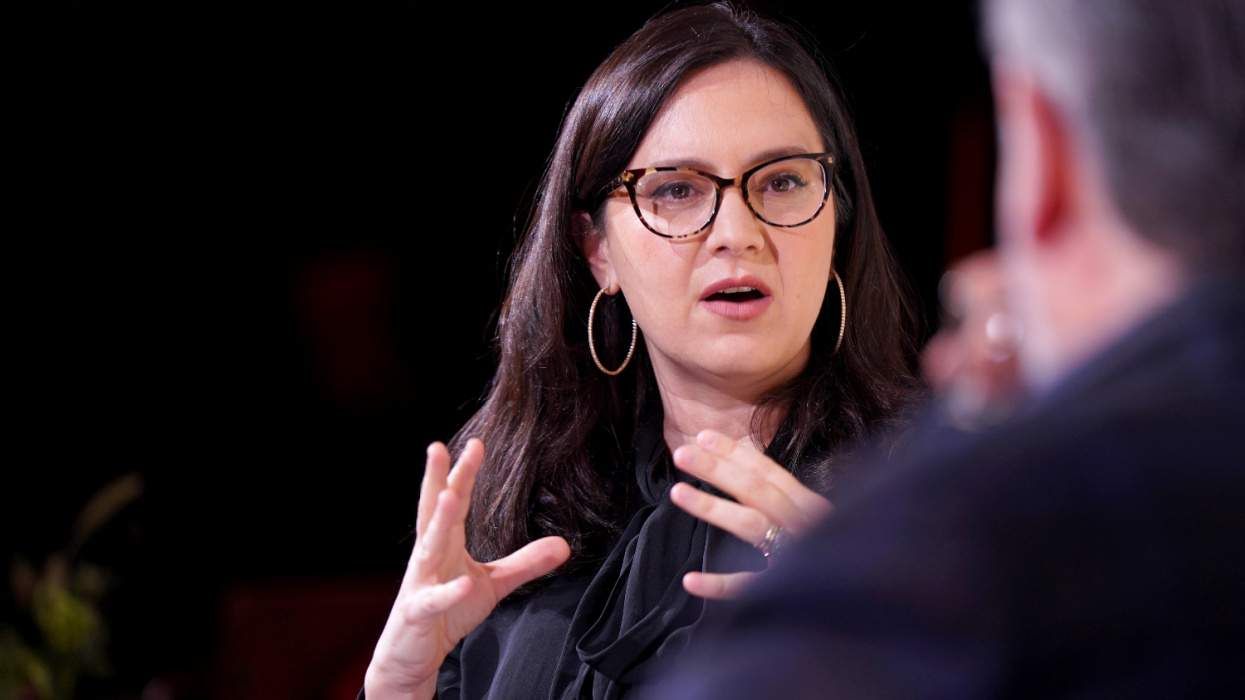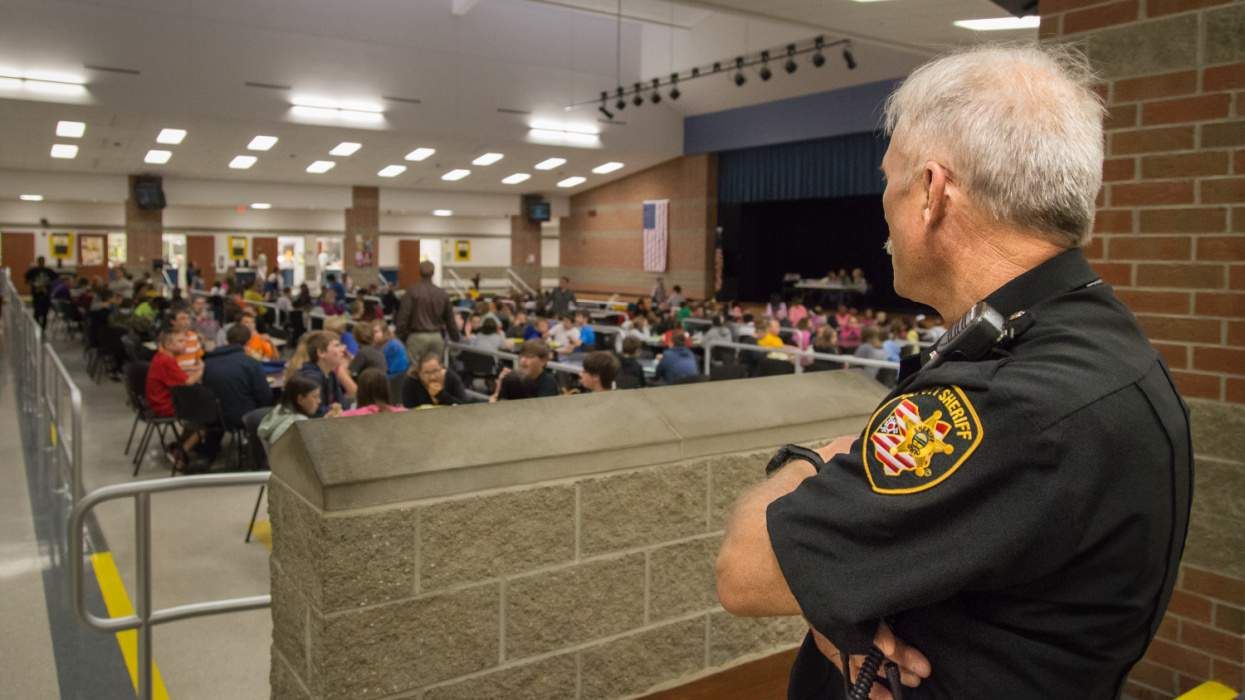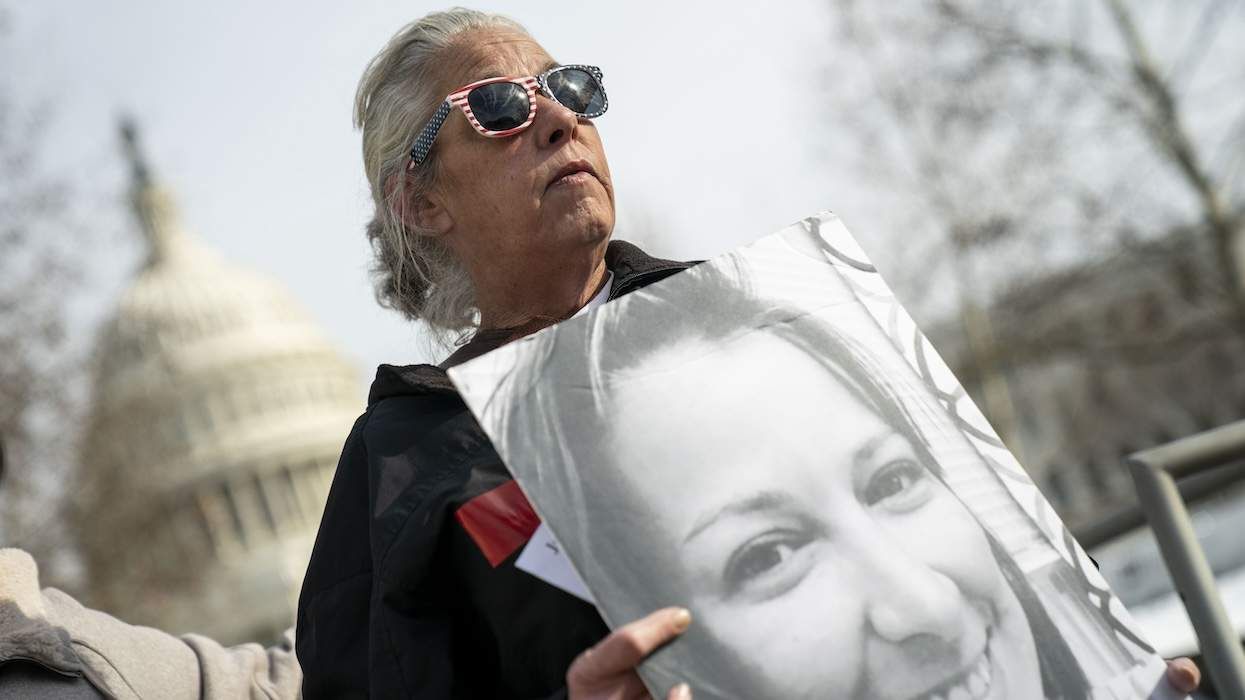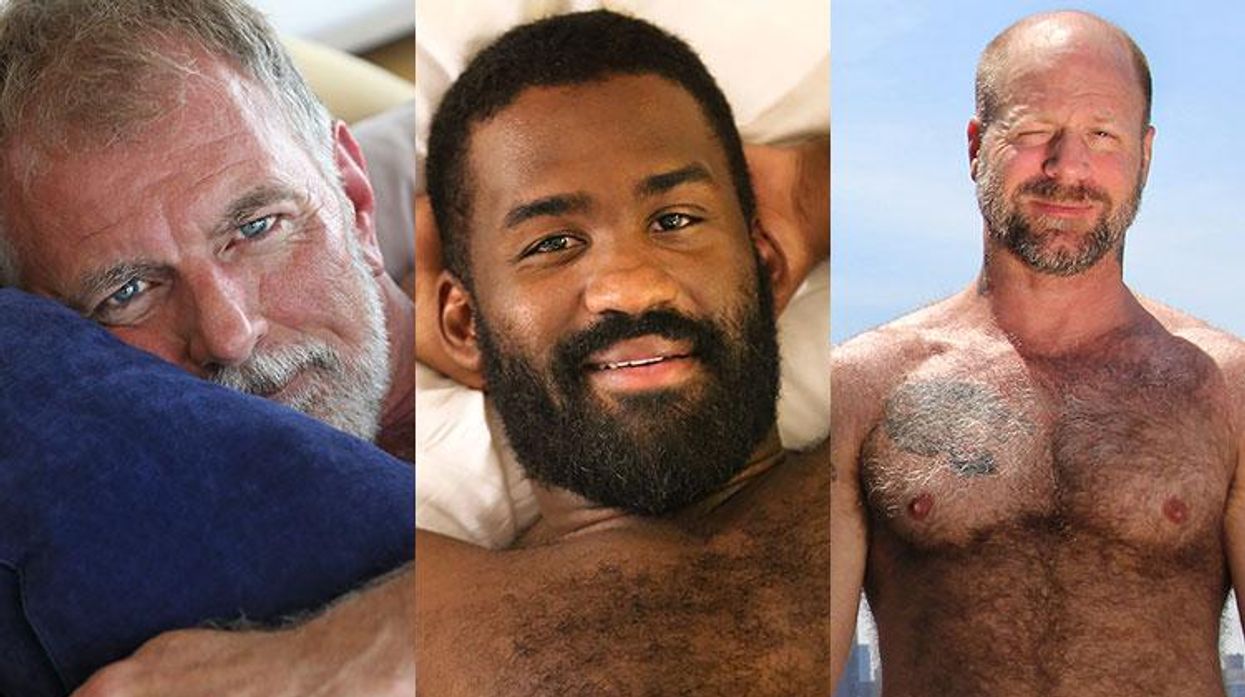A state appeals court has cited the U.S. Supreme Court's Masterpiece Cakeshop ruling in a decision regarding anti-LGBT discrimination -- and not in the way LGBT advocates likely feared.
The Arizona Court of Appeals Thursday cited the ruling when upholding Phoenix's LGBT-inclusive antidiscrimination ordinance and ordering wedding-related vendors to serve same-sex couples, the Washington Blade reports. The appeals court's decision affirmed a lower court's ruling.
"Prohibiting places of public accommodation from discriminating against customers is not just about ensuring equal access, but about eradicating the construction of a second-class citizenship and diminishing humiliation and social stigma," Judge Lawrence Winthrop wrote for the court. "The least restrictive way to eliminate discrimination in places of public accommodation is to expressly prohibit such places from discriminating."
The ruling came in a case brought by Brush & Nib Studio, which provides custom invitations and other artwork for a variety of events, including weddings. The owners, Joanna Duka and Breanna Koski, describe themselves as evangelical Christians who believe marriage should be limited to male-female couples.
They sued the city of Phoenix in 2016, seeking to strike down the section of the ordinance that bans discrimination based on sexual orientation. At the time, no same-sex couple had requested their services, The Arizona Republic reports.
They "do not want to design invitations or other custom artwork for [same-sex] couples because they believe it would be the equivalent of endorsing the marriage," the Republic notes. "The artists also want to publish a statement on their website asserting that because of their religious convictions, they will design custom artwork only for heterosexual couples."
But "consistent with the United States Supreme Court's decisions, we recognize that a law allowing appellants to refuse service to customers based on sexual orientation would constitute a 'grave and continuing harm,'" Winthrop wrote, according to the Blade.
This week, in Masterpiece Cakeshop, Ltd. v. Colorado Civil Rights Commission, the Supreme Court ruled 7-2 that the commission erred in finding that Masterpiece owner Jack Phillips violated state antidiscrimination law by refusing to create a wedding cake for a same-sex couple. But the high court tailored the ruling narrowly, saying the commission had failed to give appropriate consideration to Phillips's religious objections and had even shown hostility to his faith. But Justice Anthony Kennedy, writing for the majority, asserted, "The laws and the Constitution can, and in some instances must, protect gay persons and gay couples in the exercise of their civil rights."
LGBT rights advocates praised the Arizona ruling. "This week's Supreme Court decision in Masterpiece Cakeshop addressed a unique situation specific to the facts in that case. It did not dilute anti-LGBTQ discrimination protections and in fact reaffirmed their importance," Shannon Minter, legal director at the National Center for Lesbian Rights, said in a press release. "With regard to race, sex, sexual orientation or any other protected trait, a business can decide what products it sells -- but not to whom. [Thursday's] Arizona appeals court decision correctly relied upon Masterpiece Cakeshop to ensure that businesses understand that they cannot turn people away from the products or services they provide because of who they are or take actions equivalent to hanging a 'no gays allowed' sign in the window."
Joshua Block, staff attorney with the American Civil Liberties Union, released a statement saying the Arizona court "ightly ruled that businesses open to the public must be open to all and cannot discriminate against potential customers based on who they are: in this case, members of the LGBT community. Importantly, the Arizona court also applied the Supreme Court's Monday decision in Masterpiece Cakeshop here, affirming once again the importance of laws protecting the dignity of LGBT people in the public marketplace. We will continue to fight the dangerous notion that businesses have a constitutional right to discriminate in courts, in legislatures, and beyond. This decision in Arizona helps affirm that discrimination has no place in businesses open to the public, nor in our Constitution."
Masen Davis, CEO of Freedom for All Americans, said in a press release that the "ruling reaffirms what we heard from the Supreme Court earlier this week: there is no constitutional license to discriminate against LGBTQ people based on religion. Religious freedom should be a shield, not a sword - it should never be cited as a justification for harming others. We applaud Arizona's state appellate court for getting it right and upholding equal protections for all residents as they go about their daily lives. Nondiscrimination protections are critical for LGBTQ people to be able to fully participate in society."
The Alliance Defending Freedom, which represented Brush & Nib and also Masterpiece Cakeshop, plans to appeal the Arizona ruling. "Artists shouldn't be forced under threat of fines and jail time to create artwork contrary to their core convictions," senior counsel Jonathan Scruggs said in a prepared statement. "The court's decision allows the government to compel two artists who happily serve everyone to convey a message about marriage they disagree with. This contradicts basic freedoms our nation has always cherished."
Winthrop's ruling did say the owners of Bush & Nib could post language on their website "endorsing their belief that marriage is between a man and a woman," but they can't refuse to serve same-sex couples, the Republic reports. Also, they can note that their invitations do not represent endorsement of "their customer's exercise of their constitutional right to marry," he wrote.















